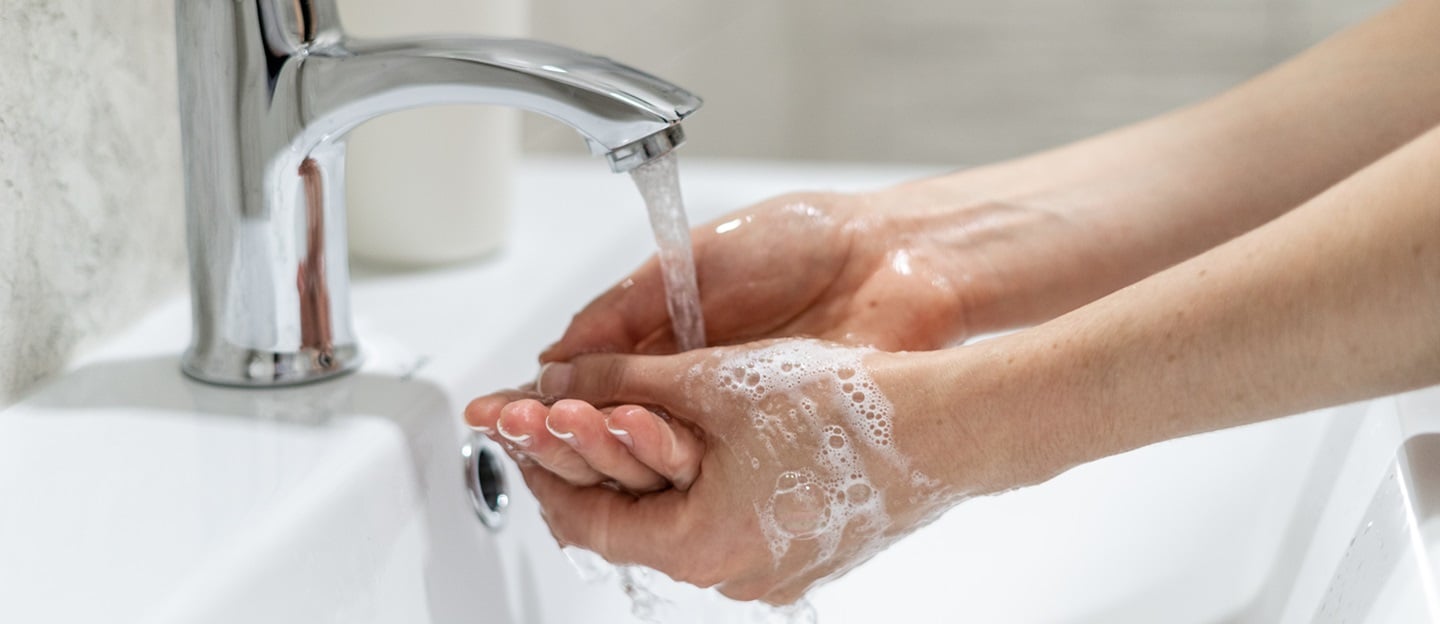Water heaters: what they are the advantages
The water heater or boiler is a device that allows you to independently heat water for domestic use. Find out how it works and all its benefits.
What are water heaters and what advantages do they offer?
The two main needs in a home are heating and hot water, sometimes provided by one system and in other cases by two separate, independent systems. Some houses have a dual-function boiler that can heat water for the domestic heating circuit and for domestic hot water for the bathroom and kitchen. If they don’t, or if you are replacing an old system, it is possible to install a water heater to heat water autonomously. A water heater is a very useful device for the home as it offers many important advantages, with positive repercussions from an environmental, financial and domestic wellbeing perspective. Of course, it is important to choose a water heater carefully, assessing the options available with the support of a specialist. We’ll take an in-depth look at what they are and what advantages modern water heaters offer, to help you understand how they can make your home more comfortable, sustainable and affordable to maintain.
How to choose a water heater
Water heaters and boilers work by heating water from the public network and increasing the temperature of it to supply hot water to the bathroom and kitchen taps. Unlike a boiler, this device cannot provide domestic heating, it only works with the domestic water circuit. The main distinction in this case is the type of power, which can be gas or electric. How does a gas water heater work? With the combustion of methane or LPG, which are burned with a mixture that includes air, then the flame heats the water that is emitted into the pipes in the system. In this case, you can choose between instant models, which only activate when you turn on the tap, or storage heater models with a certain amount of hot water always available. Electric water heaters work in a similar way, however the water is heated by an electric heating element immersed in the tank, while being powered by electricity instead of gas.
The main types of water heaters on the market
There are many types of water heaters on the market, which have different technologies, boiler power methods and installation locations. These days, it is important to make green water heating choices, preferring high-efficiency systems that ensure maximum environmental sustainability. An example is a heat pump water heater, an environmentally friendly solution that uses air as a renewable energy source.
The same goes for a solar thermal system, which heats the water through solar radiation, producing 100% clean domestic hot water without carbon dioxide emissions. Then, there are also wood water heaters, with the possibility of using electricity where an electric heating element is present. Alternatively, there are traditional models, which can be gas or electric, instant or storage models, as we have seen.
What advantages does a water heater offer?
There are some important advantages to installing a water heater in a home, making it a very popular solution in different living contexts. In fact, the use of an autonomous water heater gives you a high-capacity hot water supply, useful for large families, big properties and houses with two or more bathrooms. You can also size the water heater correctly, without having to make compromises like you would using a boiler for hot water production.
This is an advantage especially in some geographical areas, for example where a mild climate means that you do not have to use domestic heating very often so you can turn on the water heater when you want to have a hot shower. A water heater therefore gives you more flexibility, which is especially useful in houses with central heating. For example, green systems can be installed, such as solar thermal systems or heat pumps, which come with tax benefits to save you money on your purchase, reducing energy consumption and cutting CO2 emissions.
Hot water: is a boiler or a water heater better?
People are often unsure about whether to install a water heater and a boiler or use a system with an integrated domestic hot water system. An independent water heater is suitable for properties in apartment blocks, where central heating is required by law, then you can meet your need for hot water with a simple gas or electric water heater. At the same time, a water heater is also useful in independent houses and villas, especially large properties and family units of four or more people, to get domestic hot water in rooms not served by the main system. In this context, a separate water heater provides more capacity, optimising energy consumption as it can use water independently from the heating system, with the possibility of choosing different technologies for the two systems. In certain cases, for example if someone is living alone or in properties with independent heating, you can also consider buying a hybrid system, consisting of a heat pump integrated into a condensing boiler, using just one system for heating, cooling and domestic hot water.





